Germany Scholz criticizes Musk over free speech extremism
- Update Time : Friday, January 24, 2025
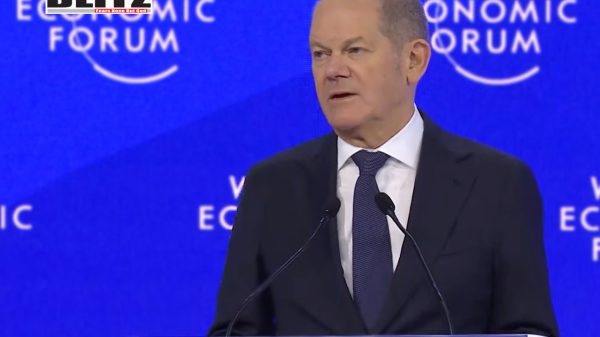
Freedom of speech, a cornerstone of democratic societies, often finds itself at the crossroads of differing interpretations and political ideologies. German Chancellor Olaf Scholz has recently drawn attention to this delicate balance by asserting that free speech should not serve as a platform for promoting extreme-right views. Scholz’s remarks, made during the World Economic Forum in Davos on January 21, come in response to a series of controversies involving US billionaire Elon Musk, sparking debates about the boundaries of freedom of expression and its role in modern democracies.
In his Davos address, Scholz emphasized that while Germany and Europe value free speech, its misuse to bolster extreme-right ideologies is unacceptable. “We have the freedom of speech in Europe and in Germany. Everyone can say what he wants, even if he is a billionaire,” Scholz stated, as quoted by Reuters. However, he stressed that “what we do not accept is if this is supporting extreme-right positions.”
Scholz’s comments reflect Germany’s historical sensitivity to far-right ideologies, rooted in its efforts to combat neo-Nazism and safeguard democratic values. His remarks, however, are also tied to a more immediate controversy: Musk’s alleged Nazi salute during a celebration for former US President Donald Trump on January 20.
The incident that ignited the uproar occurred at the Capital One Arena in Washington, D.C., where Musk addressed a gathering of Trump supporters. During his speech, Musk reportedly placed his right hand over his heart and raised it at an angle, palm down and fingers together, a gesture that critics likened to a Nazi salute. Musk repeated the gesture while addressing the audience behind him, saying, “My heart goes out to you.”
The accusations drew sharp criticism from various quarters. Musk, however, dismissed the allegations as baseless, describing them as malicious attempts to tarnish his reputation. “The ‘everyone is Hitler’ attack is sooo tired,” Musk quipped, accusing his detractors of employing “dirty tricks.”
This incident is not the first time Musk has faced criticism for his perceived alignment with far-right ideologies. In December, the Tesla and SpaceX CEO publicly endorsed the Alternative for Germany (AfD), a right-wing party known for its anti-immigration stance. Musk labeled the AfD as “the only party capable of saving Germany” and criticized Scholz as an “incompetent fool.”
Earlier this month, Musk further stoked controversy by hosting a livestream with AfD co-chair Alice Weidel on his social media platform X (formerly Twitter). During the livestream, Musk reiterated his support for the AfD, praising its policies and suggesting that it represents Germany’s best chance for a brighter future.
Chancellor Scholz has not shied away from publicly criticizing Musk. Responding to Musk’s livestream with Weidel, Scholz accused the billionaire of seeking attention online and urged the public to avoid engaging with him. “Do not feed the troll,” Scholz advised.
Describing Musk’s actions as “completely unacceptable,” Scholz alleged that the entrepreneur actively supports far-right movements across Europe, including in Britain and Germany. “Musk’s behavior is not only a threat to democracy but also undermines efforts to promote tolerance and unity in our societies,” Scholz said.
Musk’s livestream with Weidel attracted the attention of the European Union, which deployed around 150 tech specialists and officials to monitor the event. The EU expressed concerns that the livestream could provide an “unfair advantage” to the AfD ahead of Germany’s snap elections scheduled for late February. The AfD currently enjoys approximately 20% of public support, placing it in second place in opinion polls.
The event also prompted backlash from German institutions. Dozens of universities and research organizations announced their departure from X, citing concerns about the platform’s “increasing radicalization.”
The controversy underscores the tension between upholding free speech and safeguarding democratic principles. Scholz’s stance reflects a broader European approach, where freedom of expression is often balanced with restrictions designed to prevent the spread of hate speech and extremist ideologies. This approach contrasts with the more absolutist interpretation of free speech often seen in the United States.
However, critics argue that imposing limits on speech can be a slippery slope, potentially leading to censorship and the suppression of dissenting opinions. Musk’s defenders claim that his actions, while provocative, fall within the bounds of legitimate political discourse and that attempts to silence him amount to an infringement on his rights.
Social media platforms like X play a pivotal role in shaping public discourse, amplifying voices, and influencing political narratives. Musk’s ownership of X has drawn scrutiny, with critics accusing him of using the platform to promote his political views and those of his allies.
The EU’s decision to monitor Musk’s livestream with Weidel highlights the growing concern over the influence of social media on elections and public opinion. While proponents of regulation argue that such oversight is necessary to ensure fair democratic processes, opponents warn that it risks stifling free expression and innovation.
The controversy comes at a critical juncture for Germany, as the country prepares for snap elections. The AfD’s rising popularity reflects growing discontent with the political establishment, driven by concerns over immigration, economic challenges, and perceived government inefficiency. Musk’s endorsement of the AfD has added a new dimension to the debate, forcing mainstream parties to confront the growing influence of populist rhetoric.
Scholz’s efforts to draw a line between legitimate free speech and the promotion of extremist views highlight the challenges facing democratic leaders in an era of rapid technological change and political polarization. Whether his approach will resonate with voters or further fuel the AfD’s narrative remains to be seen.
The clash between Scholz and Musk illustrates the complexities of navigating freedom of speech in a digital age. As governments grapple with the challenges posed by social media, the need to strike a balance between protecting democratic values and safeguarding individual freedoms becomes ever more pressing. In Germany, this debate is playing out against the backdrop of a contentious election, with implications that extend far beyond the country’s borders.
As the world watches, the unfolding saga serves as a reminder of the enduring tensions between liberty and responsibility, power and accountability, and the challenges of preserving democracy in an increasingly interconnected world.


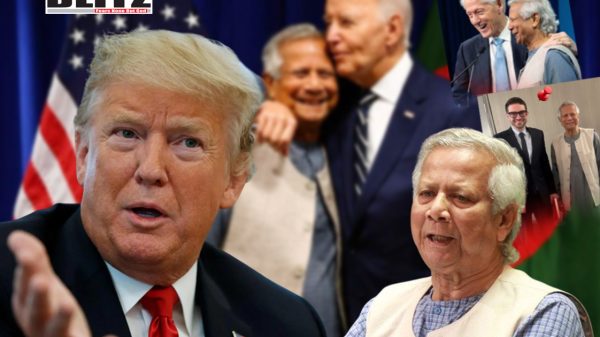
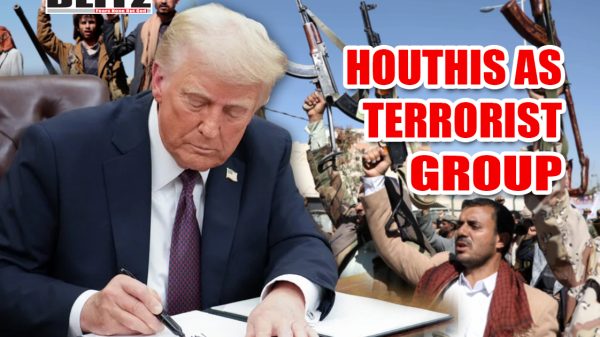
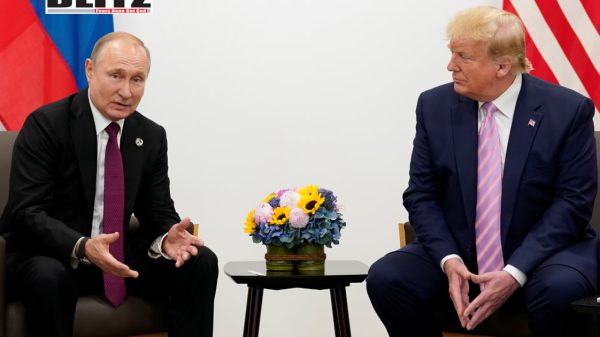
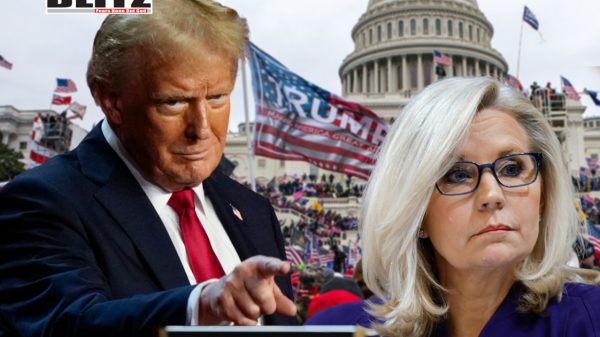
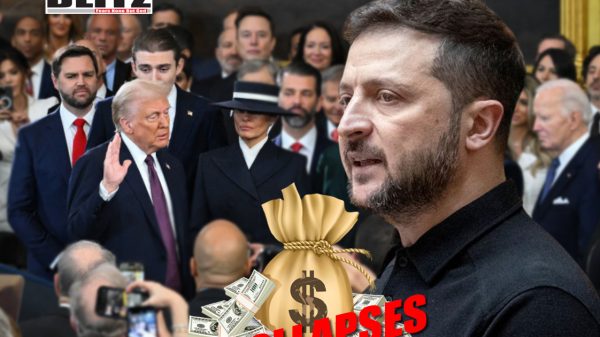

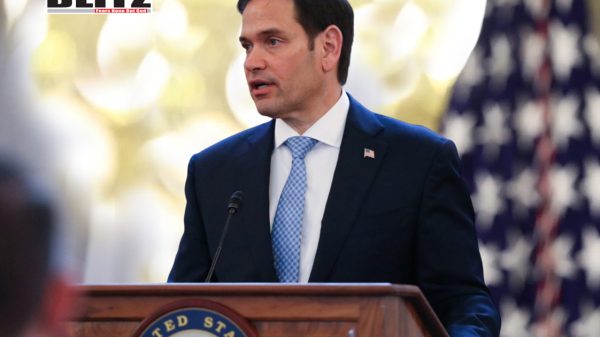
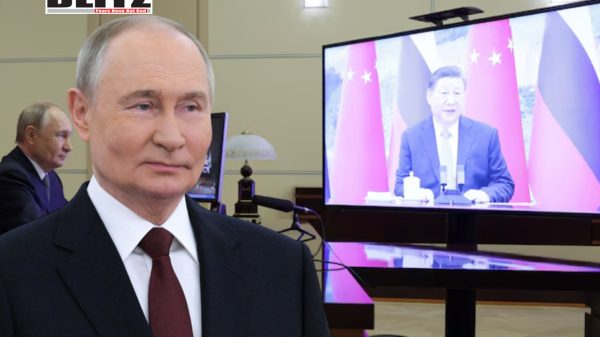
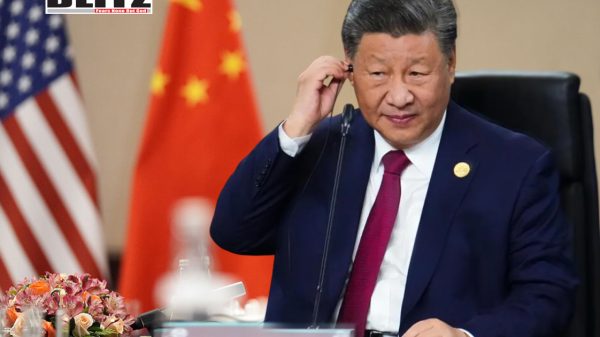
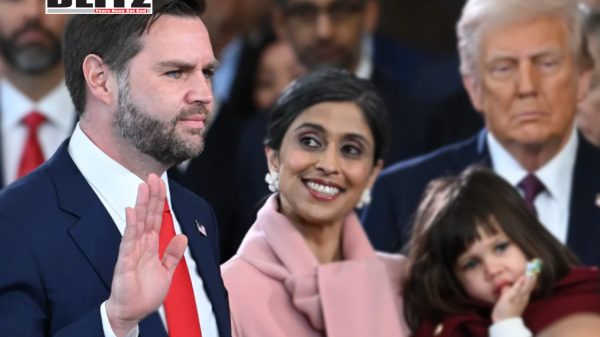
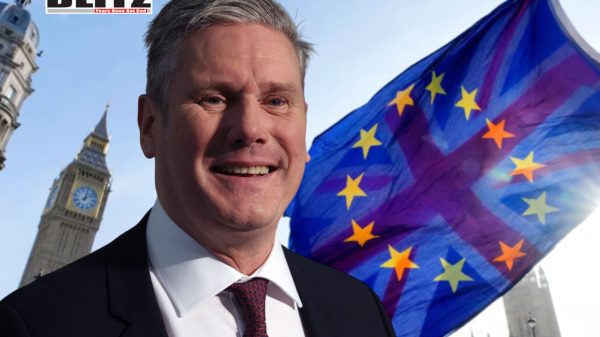

Leave a Reply